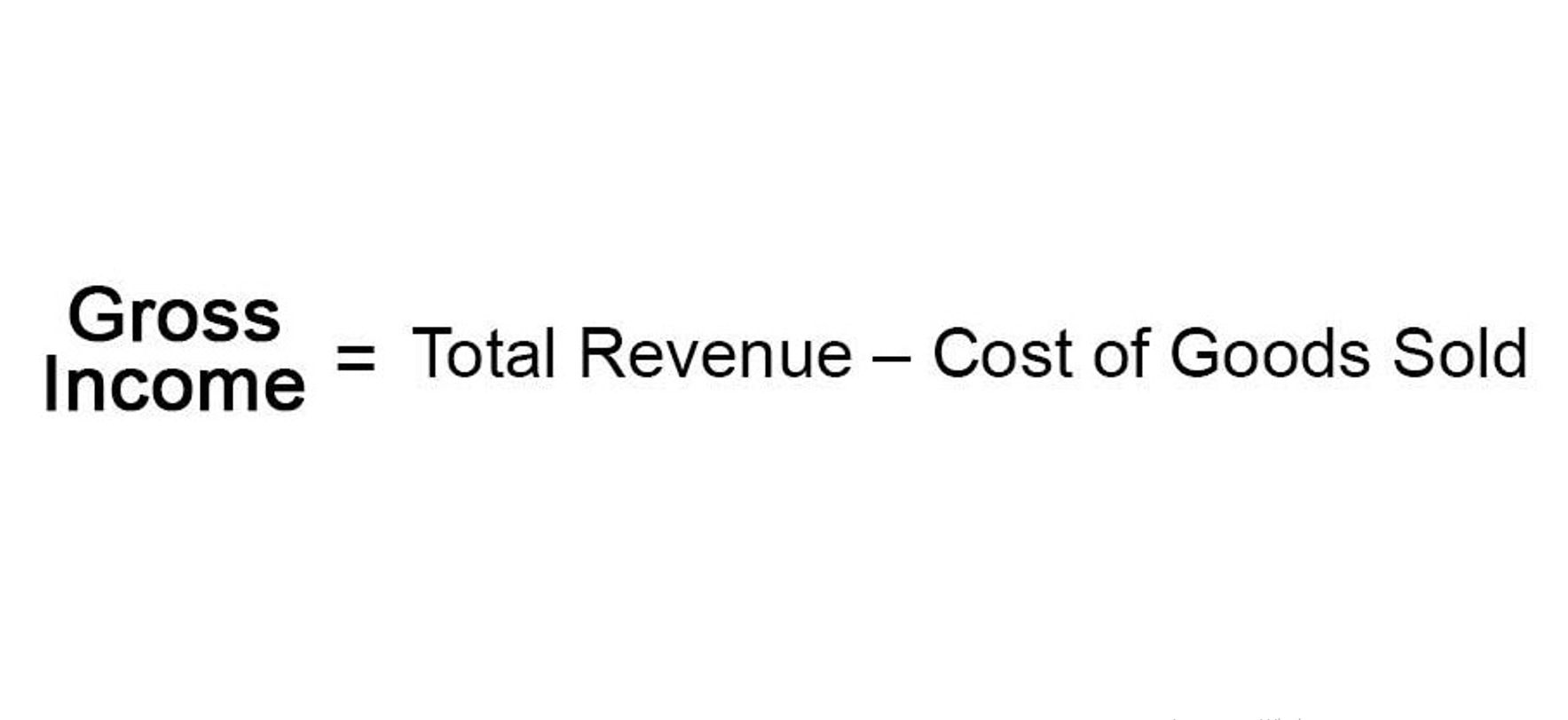
This aspect of factoring refers to who is ultimately liable if the payment is not received. With recourse factoring, also known as “full factoring”, the business selling the invoices retains the ultimate responsibility for payment. With non-recourse factoring, the factoring company assumes all the credit risk for non-payment by the debtor.
Award-winning Service
- The best small business factoring companies fund your invoices within 1 or 2 days.
- They pay you immediately (minus a small fee), and then they collect the full payment from your customer later.
- If you are interested in invoice factoring, fill out this quote form and a business representative will be in contact with you shortly.
- Invoice factoring companies can charge different fees, have different minimum invoice amounts and work with different industries.
- Invoice factoring is the selling of accounts receivable to a factoring company, which charges a percentage of the invoice value as a fee, generally 1% to 5%.
- Costs can differ depending on whether your contract is recourse or non-recourse.
At the same time, invoice factoring can be confusing to understand at first — and that’s especially important since it works differently from most other business financing products. We’ll explain what you need to know if you’re considering it for your business. Typically, the timeline for a factoring transaction involves receiving the initial advance within 24 to 48 hours after submitting the invoices, with final settlement occurring once the customer pays. Taking the time to carefully evaluate these factors can help you choose a factoring company that’s a good fit for your business and provides you with the financing you need to grow and succeed.
- It might make more financial sense to use factoring and take projects with high profit than turn away work simply because invoice factoring has fees.
- The factoring company ensures you are paid quickly – they wait for the client’s payments.
- While you must repay the cash advance if your customer fails to pay, recourse factoring structures often allow for factors to extend lower rates and larger credit limits on your customers.
- Unfortunately, Riviera does not disclose additional fees, terms, and other information on its website.
- While factoring fees may be higher than traditional loan interest rates, they come with unique advantages—speed, flexibility, and credit profile leniency—that can justify the cost in the right scenarios.
Submit Your Accounts Receivable Aging Report

Also, note that invoice factoring services rely on the creditworthiness of the customers or clients who owe the invoices. If a client defaults or is unable to pay, your business may have to repay the factoring company. Some companies may believe that factoring can create complications with their existing financing arrangements. However, factoring is a separate financing solution that does not typically interfere with existing business loans or lines of credit.
Factoring is Only Used When in Financial Trouble

For example, a business in the construction industry is considered riskier than more traditional businesses, so the advance rate may be closer to 60%. In contrast, businesses https://www.bookstime.com/articles/healthcare-accounts-payable-automation in the transportation industry are considered the least risky and advance rates may span up to 97%. Finally, the last important thing to understand about how invoice factoring works is how this type of business financing differs from invoice financing. Invoice factoring can help you bridge cash flow gaps due to slow-paying customers, especially when traditional financing is unavailable or would be too slow. However, it may not be a practical way to manage liquidity issues over the long term.

In the meantime, bills still pile up, payroll is due, and growth opportunities pass by. These delayed payments create a persistent cash flow squeeze that can threaten operations or stall momentum. You notice you have $25,000 in outstanding invoices and decide to sell your accounts receivable to an invoice factoring company. The company agrees to buy your accounts receivable for the value of https://www.fab.com.tr/2025/05/07/e-billing-what-is-it-how-does-it-work-and-its/ the invoices minus a factoring fee of 4%.
Recourse vs. Non-recourse Agreements
Our team supports your collection efforts by providing a secure lockbox for the money and reporting payment progress through our customer portal. If issues arise, we can communicate with customers to resolve them, ensuring you maintain good business relationships. Merchant Maverick’s ratings are editorial in nature, and are not aggregated from user reviews. Each staff reviewer at Merchant Maverick is a subject matter expert with experience researching, testing, and evaluating small business software and services. The rating of this company or service is based on the author’s expert opinion and analysis of the product, and assessed and seconded by another subject matter expert on staff before publication.
The Best Invoice Factoring Companies Compared

Keep in mind that the factoring company is not looking for spotless financials. They want to get a general overview of the past difficulty the business has endured and how it was dealt with. If a Factor does not advertise that they are recourse or non-recourse factoring, they more than likely offer recourse factoring since that is the safest option for them. It is worth noting that non-recourse factoring will typically come with higher rates to try to offset the risk.
- It goes without saying, giving money to a business that cannot provide a copy of a business license or show proof of insurance is reckless.
- The discount rate for invoice factoring typically runs between 1% and 6% of your invoice amount.
- On the other hand, however, other businesses would prefer not to interrupt their relationship with their customers by having a third-party (the factoring company) collect payments.
- The decision-makers approve factoring primarily based on your client’s credit history not yours.
- Daily interest is charged only on the funds from your LOC that have been used.
- With non-recourse factoring, the factoring company assumes all the credit risk for non-payment by the debtor.
The best small business factoring companies fund your invoices within 1 or 2 days. This invoice factoring means you typically receive up to 90% of your money ASAP instead of waiting the 30, 60, or even 90 days that come with traditional invoice payment terms. If a business enters into a recourse factoring agreement and a customer does not pay their invoice, the business must buy that invoice from the factoring company at the end of the payment term. Under a non-recourse agreement, the factoring company bears all of the risks of nonpayment.
Leave a Reply